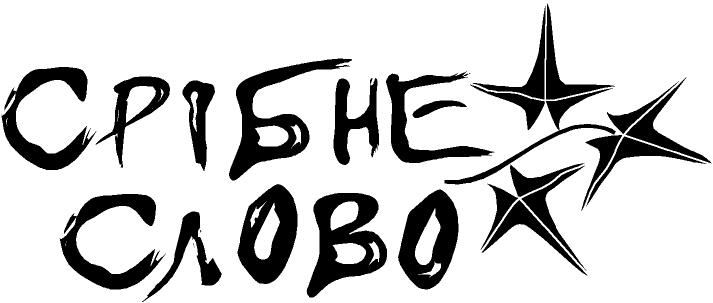- Рубрики
- Філософія, психологія, педагогіка
- Історія
- Політика, право
- Економіка
- Математика
- Фізика
- Хімія, хімічна технологія
- Біологія, валеологія
- Геодезія, картографія
- Загальнотехнічні науки
- ІТ, комп'ютери
- Автоматика, радіоелектроніка, телекомунікації
- Електроенергетика, електромеханіка
- Приладо-, машинобудування, транспорт
- Будівництво
- Архітектура, містобудування
- Мовознавство
- Художня література
- Мистецтвознавство
- Словники, енциклопедії, довідники
- Журнал "Львівська політехніка"
- Збірники тестових завдань
- Книжкові видання
- Наукова періодика
- Фірмова продукція
Володимир Ратніков Когерентна концепція істини в сучасному гуманітарно-науковому знанні (До проблеми співвідношення природничо-наукового та гуманітарного знання)
УДК: 1/111.83:"06"
КОГЕРЕНТНА КОНЦЕПЦІЯ ІСТИНИ
В СУЧАСНОМУ ГУМАНІТАРНО-НАУКОВОМУ ЗНАННІ
(До проблеми співвідношення природничо-наукового
та гуманітарного знання)
Ратніков Володимир
Вінницький національний технічний університет
(стаття надійшла до редколегії – 20.10.2016 р., прийнята до друку – 23.11.2016 р.)
© Ратніков В., 2016
Проблему співвідношення природничо-наукового та гуманітарно-наукового знання обговорено в контексті категорії істини. Розглянуто три основні концепції істини – кореспондентну, прагматистську та когерентну. Прагматистська і когерентна концепції проаналізовані у межах некласичної епістемології як альтернативні щодо кореспондентної концепції. Стверджено пріоритет когерентної концепції під час обговорення проблематики гуманітарного знання. У зв’язку з цим детально обговорено позицію відомого сучасного американського філософа Ричарда Рорті.
Ключові слова: істина, кореспондентна концепція істини, прагматистська концепція, когерентна концепція, контекстуальність.
THE COHERENT CONCEPT OF TRUTH IN THE MODERN
HUMANITARIAN AND SCIENTIFIC KNOWLEDGE
(To the Problem of Interrelation Between Natural Scientific
and Humanitarian Scientific Knowledge)
Volodymyr Ratnikov
The problem of the relation of science and humanitarian and scientific knowledge is regarded as one of central problems of modern epistemology and philosophy of science. This article describes three most common approaches (positions) in relation to resolution of the problem. The first one, a traditional position, gives priority to methodology of natural sciences. The second position is based on the neo-Kantian tradition and claims priority to the humanities. The third one, “moderate” position, rejects two first absolute positions.
The problem of interrelation of natural scientific and humanitarian scientific knowledge is discussed in the context of the truth category. We consider three basic concepts of truth: correspondent, coherent, and pragmatist. In the article, pragmatist and coherent concepts are analyzed in the framework of non-classical epistemology as an alternative to the correspondent concept. It is stated that a source of the coherent concept is difficulty of establishing compliance with knowledge of reality and criteria of conformity. This created some difficulties for the classical theory. The research criticizes a classical idea of representation, which is the basis of the correspondent concept of truth. The author draws attention to the fact that in discussion of epistemological problems of humanitarian scientific knowledge, the most adequate conception of truth is a coherent concept.
In this context, we discussed in detail the position of a well-known contemporary American philosopher Richard Rorty on this issue. It is shown that one of the main cognitive motives is study of social, psychological and cultural patterns of language-related activities in the context of Universalistic thesis of the postmodern that “the world is a text”. The article states that coherence of truth by Rorty arises from the idea of its conceptuality.
Key words: truth, the correspondent concept of truth, pragmatist concept, coherent concept, conceptuality.
Кількість посилань 23



















